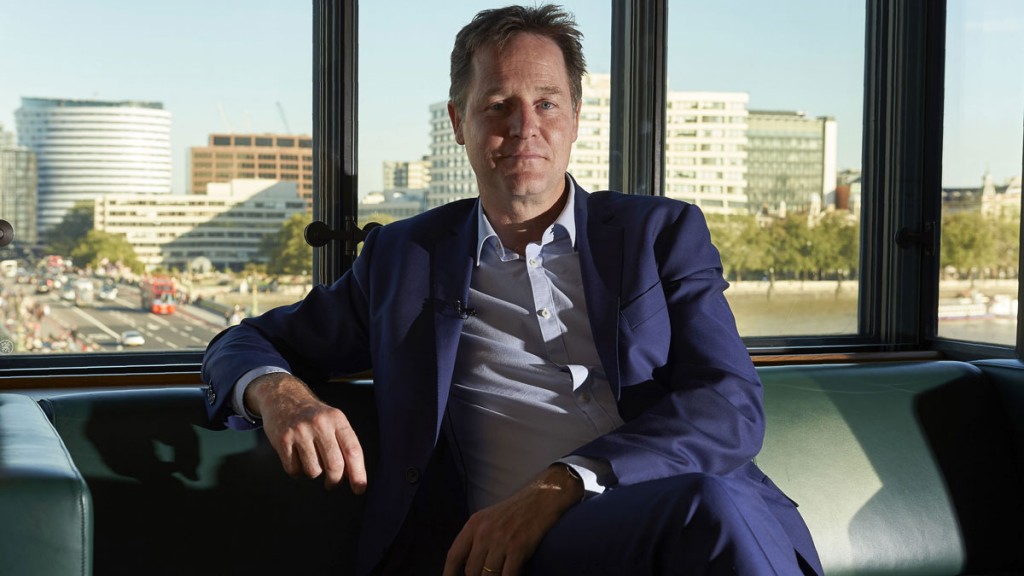
So far, the consequences of the vote to leave the EU have been remarkably benign. The economy has kept on growing, employment levels are still very strong, and house prices are still rising. Nissan, a company with reason to feel worried about possible exclusion from the single market, has committed to building a next-generation of cars in Sunderland. Even the most committed Brexit supporter probably didn’t imagine things would be this good.
The one big shock has been the decline in sterling. It has ratcheted down to $1.20, but bounced back a little recently, and is down by about 20% since the referendum. The result? The cost of imports will rise sharply. That has led to plenty of scaremongering about soaring inflation. And, true, sustained inflation would damage the economy; it would be a tangible cost from Brexit, and end up making us all poorer – especially the lower-income groups who voted mostly to leave. But it won’t happen.
To start, let’s take the fall in sterling. That makes everything we import a little more expensive, which is why it is a good way of bringing down the trade deficit. But we don’t import as much as we think we do. The consumer price index is dominated by services, and largely by housing costs. Only about 15% of the index is made up of goods, and only a third of those are imported. So, only about 5% of the overall index is made up of imported stuff.
In simple terms, the fall in sterling will shift the index by a single percentage point at most. Sterling fell from $1.70 to $1.50 over 2013 and 2014 – a fall of a similar magnitude to the past few months – and the index fell during that period, despite the rising cost of imports. So there is no real reason to expect it to rise this time around.
Even to the extent that it does increase prices, it will be a one-off change, assuming the pound doesn’t keep falling by 20% every year for ever. Much like a fall or rise in the price of oil, it will wash through the index in a year. Inflation, as any economics textbook will tell you, is a sustained, relentless rise in the price level. For that to happen there would have to be a rapid rise in wages, and the chances of that are just about zero right now.
The argument that tariffs will push up prices is equally bonkers. Sure, if we leave the EU’s customs union and revert to World Trade Organisation rules, we will have the right to impose tariffs on food, as we do at present on anything imported from outside Europe. But we don’t have to, and as a major importer of food it is hard to understand why we would. Britain decided not to protect its agricultural sector in the 1840s when we scrapped the Corn Laws.
It was wrenching, but it is hard to see why Nick Clegg, the former Lib Dem leader and Brexit alarmist, thinks we’ll want to go back to that. It is the EU that imposes food tariffs, often quite heavy ones. We will need to decide our agricultural policy as we leave, but it would seem sensible to import cheap food from anywhere that wants to sell it to us. That will lower prices, not raise them.
Over the next year inflation may edge up to 1.5%, or even 2%, although that cannot be taken for granted. But it will hardly be the end of the world. It will ease debts and, in effect, reduce real interest rates; with 2% inflation, the real rate of interest will be negative. The Bank of England and City economists should stop trying to scare us with the prospect of inflation rises. It is not going to happen. Project Fear I tried to keep the UK in the EU by making overblown warnings about what would happen if we left. It didn’t work. Project Fear II is trying to do the same to keep us in the single market. That won’t work either.